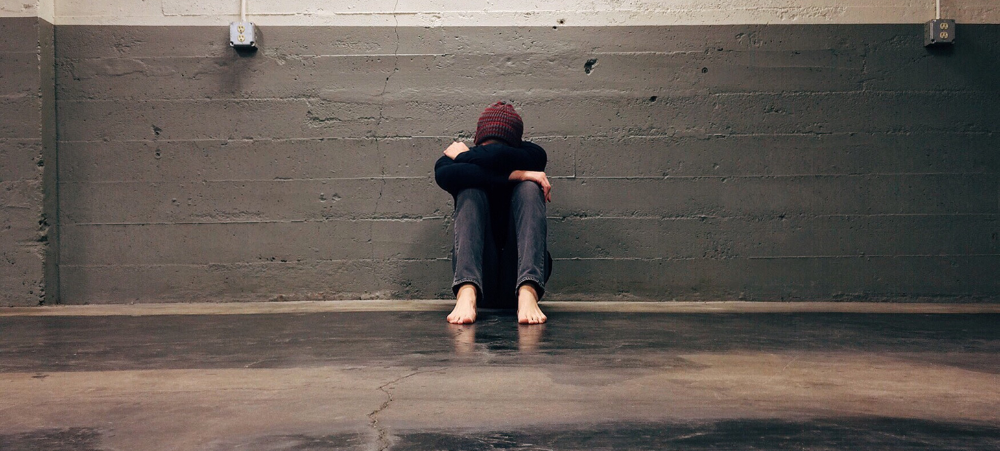You may have heard the term ‘Positive Parenting’ thrown around lately. While it may seem like just another parenting trend, it is actually a parenting philosophy and style that is rooted in years of research. Positive Parenting is taking your child’s individual needs, personality and sensitivity into account when raising them. It is based on five main principles.
Positive Parenting principle one: Respect
This one seems simple, but it’s actually not that common amongst parents. We tend to want to teach our children to respect; however, the first thing we should do is respect our children. Acknowledging that our children are people, just like us, that have the right to their own decisions and emotions. It focuses on giving your child space when needed, respecting their body and their dignity – just like we would want others to respect ours.
Positive Parenting principle two: Proactivity
The next foundation of Positive Parenting is being proactive when it comes to responding to your child. Instead of waiting for your child to throw a temper tantrum and then dealing with it, this philosophy urges parents to try and spot the behaviour as it starts or just before. While you get to know your child, this will become easier. Suppose you are at a birthday party and see your child begin to isolate themselves or rub their eyes. In that case, proactive parenting means you will see these signs, know that your child is tiring and reaching their sensory limit and removing them from the situation before a temper tantrum ensues.
Positive Parenting principle three: The Bond
Did you know that when babies and young children establish a deep bond with their parents, it helps their brain development and chemical production? It also helps them develop their emotional IQ as they get older. The one sure way to ensure the strength of the bond between yourself and your child is quality time. By quality, we don’t mean amazing adventures or doing special things together. Quality time is simply uninterrupted time with your child. No phones, no TV, no distractions. Just you and baby being together. It can be playtime, reading time, cuddle time, or walk time. Whatever works for you. But spending this close time together will be the foundation of your parent-child bond and will assist you in your parenting for years to come.
Positive Parenting principle four: Empathetic Leadership
You may find many people against Positive Parenting, as they tend to think it is letting your child do whatever they want. However, this is not the case. As a positive parent, while you are understanding of your child’s needs and individuality, you are most definitely still a leader. This means you don’t let them choose what they want, but you do give them options that suit their personality and your boundaries. You still have rules and consequences; you just make sure that these are centred around mutual respect and empathy.
Positive Parenting principle five: Positive Discipline
Positive Parenting doesn’t mean your child does not get disciplined. It means that you approach it in a very different way than what is seen as ‘traditional punishment’. Punishment is a way to make your child suffer so that they think twice about doing it again. Positive discipline teaches your child not to repeat the same action by giving them the tools to do things differently. As a positive parent, when your child needs to be reprimanded is seen as a teachable moment. It’s a chance to guide them to understand their actions and show them how they can start learning to act differently. When you approach discipline with empathy instead of anger, you take away the shame and replace it with an environment where your child feels safe to learn.
- Top ways to balance work and parenting - November 21, 2025
- Kangaroo care and its benefits - November 20, 2025
- Top 5 ways to encourage your toddler to speak - November 20, 2025





